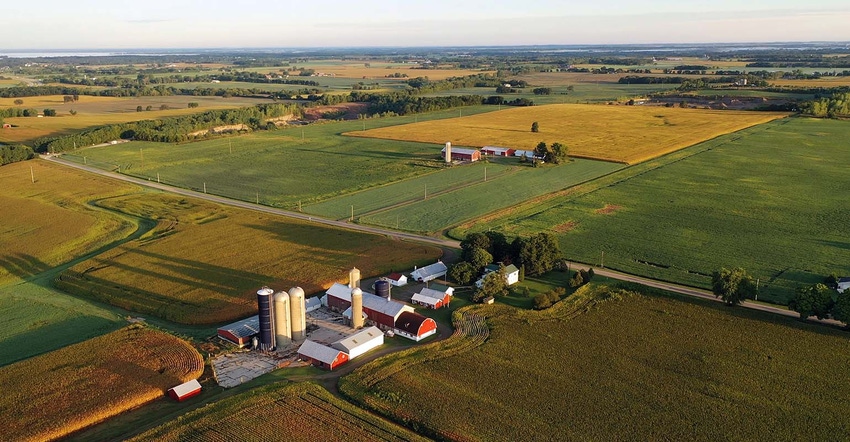
A common concern we hear is losing the farm to the nursing home. I get it. You’ve spent your entire career building your family farm, the last thing you want is to lose it due to unfortunate long-term care or a health event.
This is a complex issue, one in which I’ve developed a play script to help navigate through the various considerations:
Retirement income
First, can you afford to give away the farms? Identify the sources and need for income during your retirement years. Add all of these up and subtract your expenses and annual living needs. Is there a surplus or shortfall left over?
Once this is identified, we can better assess the financial concern, if any, over a potential nursing home or extended long-term care stay in the future. Sometimes it turns out there is a surplus, and for the most part you are self-insured. If there is a shortfall, we can brainstorm various options for protecting the farm as well as address your income needs.
Gifting laws
This leads to a discussion about gifting laws as they relate to farmland. There are two levels of gifting. Most are familiar with the annual gift exclusion of $16,000 per person per year. The second level is your lifetime gift exemption. This is equal to the federal estate tax exemption which is currently near $12 million per person or $24 million for a married couple. A married couple can gift as much as $24 million in farmland and other assets, tax free. However, a gift tax return must be filed with the IRS to notify them you are using part of your estate tax exemption now in the form of a lifetime gift.
A gift of farmland can be made to the children directly or in some type of land entity. It can also be transferred to a trust designed to be held for your children’s lifetime, or even your grandchildren’s generation. Any gifts are subject to a 5-year lookback period from when Medicaid can come back on any assets owned during this time period.
Trade-offs
Yes, gifting the farms is one strategy to protect them from the nursing home. You should feel comfortable that the income from the farm will also transfer with the gift. Most legal advisors would also caution once a gift is made, it’s irrevocable and difficult to undo. And, what the farm gains in protection from your creditors may now subject the farm to your children’s. Let’s go further:
Basis step-up - One trade-off of gifting farmland is giving up a step-up in basis which would otherwise occur if passed through one’s estate and inherited. With a gift during lifetime, the current cost basis will carry over with the gift. This is called carryover basis. Under current laws, the cost basis will adjust to fair market value as it passes through an estate. Many refer to this as a step-up in basis. In addition to a step-up in the land value, a new basis can be established on assets such as buildings, fence, tile, and fertility which can all be re-depreciated for income tax purposes. Some family farms are comfortable foregoing a step-up in basis as the only time this may be a factor is if the land is sold for a gain, which is not the intent for many family farm transitions.
Title 19 assistance - If income is a concern, some have the belief they will be okay with Title 19 Medicaid assistance. Are you comfortable with a strategy of gifting everything away just to gain government assistance? One word of caution is it’s my understanding you must own less than $2,000 in total assets and earn less than $2,000 per month in income to gain eligibility for Title 19. I also understand the level of care is to be equal for those in the nursing home on government assistance versus those who are not. However, I’ve also had conversations with those within the medical care industry who might suggest otherwise.
As mentioned, this topic is very complex, and in part 2 of this article, I will go into more strategies I’ve seen other family farms implement, which although not perfect, do provide asset protection while also addressing income needs during retirement.
Look for this next week on my blog page.
Downey has been helping farmers and landowners for the last 22 years with their family farm transition, estate planning, leasing strategies, finances, and general land consultation. He is the co-owner of Next Gen Ag Advocates and an associate of Farm Financial Strategies. Reach Mike at [email protected].
About the Author(s)
You May Also Like






